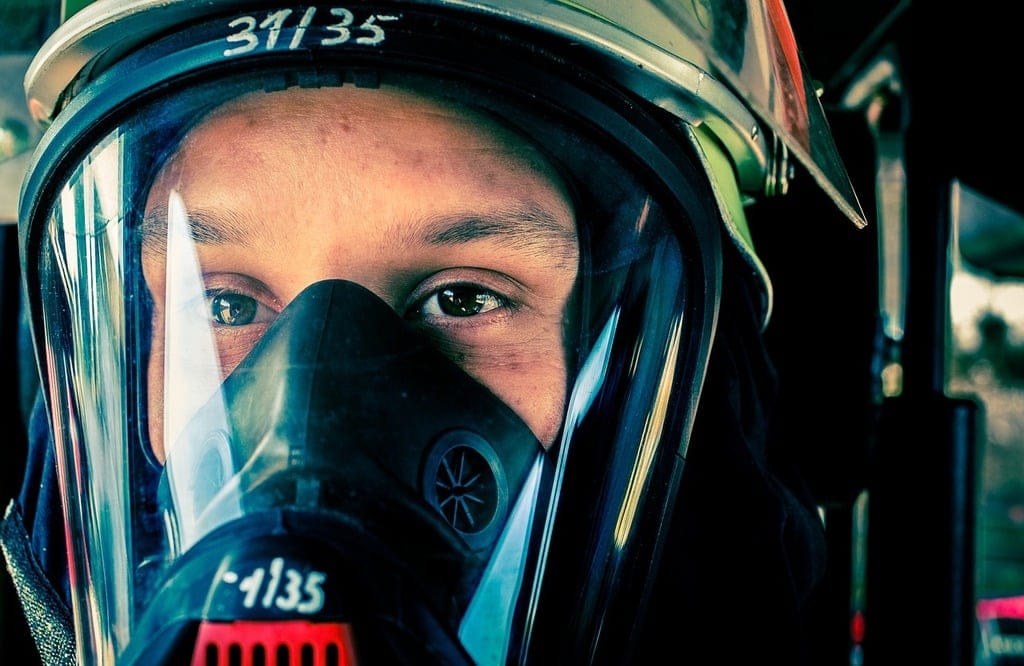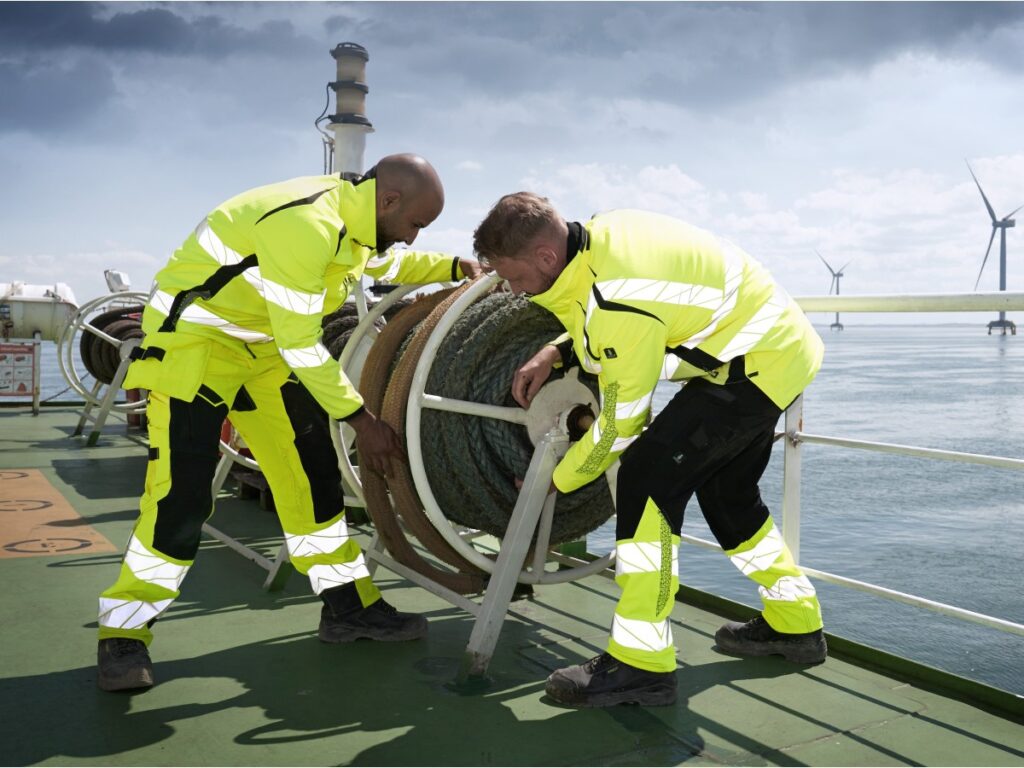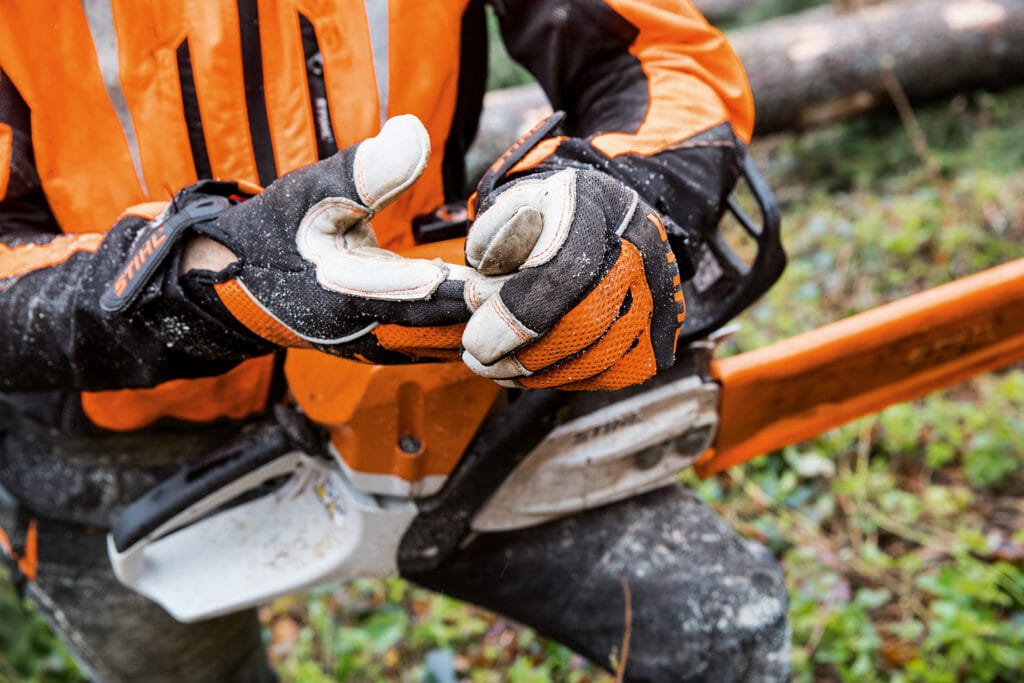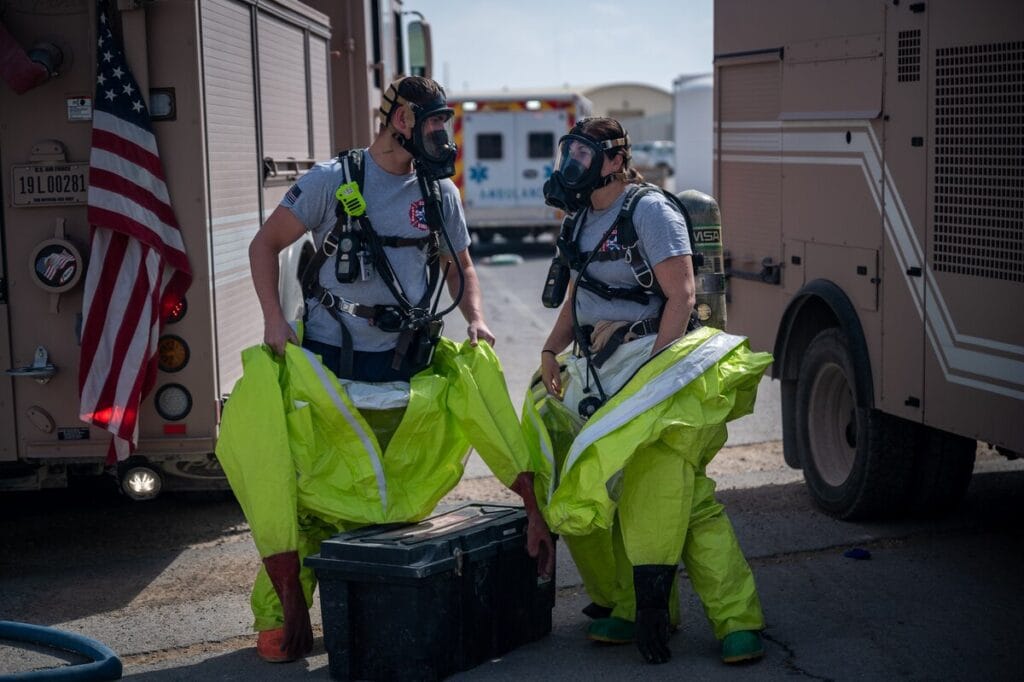
I was in a meeting with a distributor from Lagos, Nigeria, who told me, "It’s not enough to just supply the product; you need to build relationships with local contractors, wholesalers, and even government agencies." His words struck me because in emerging markets, building a strong sales channel goes beyond finding a good supplier—it’s about creating a network of trusted partners who can help you sell, distribute, and support the product.
In markets across Africa, the Middle East, South America, and Central Asia, establishing a sales channel is essential for scaling your PPE business. Without the right distribution partners, even the best products can fail to reach their potential. But the good news is: with the right approach, you can create a robust channel that grows your business sustainably.
In this guide, we’ll break down the key strategies for building a strong PPE sales channel in emerging markets, including finding the right partners, developing relationships, and ensuring product availability.
Building a strong PPE sales channel in emerging markets requires understanding local business dynamics, partnering with reliable distributors, offering incentives, providing training and support, and ensuring compliance with local regulations. Use a mix of direct sales, wholesale distribution, and government contracts.
Key Steps to Building a PPE Sales Channel
1. Understand Local Market Dynamics
- Why it matters: Each region has its own market dynamics—what works in the Middle East might not work in South America or Africa. Understanding local needs, regulations, and business practices is critical to choosing the right sales strategy.
- Example: In the Middle East, the focus is on oil and gas PPE, while in Africa, construction and mining equipment dominate.
- Buyer Tip: Research local industries and adjust your PPE offerings to match market demands. If you’re in a hot climate, focus on breathable fabrics and heat-resistant gear. In humid regions, look for moisture-wicking and mold-resistant materials.
2. Choose the Right Distribution Partners
- Why it matters: Your distributor is your front-line salesperson. Choosing the right partner ensures your PPE reaches the right clients.
- Example: A distributor in Brazil who specializes in construction gear might not be the best fit for supplying port or oilfield PPE, which requires specific safety standards and certifications.
- Buyer Tip: Look for distributors who have existing relationships with key industries and know the local compliance standards. Consider using local distributors who already have well-established networks.
3. Develop Strong Relationships with Key Stakeholders
- Why it matters: In many emerging markets, personal relationships and trust are key to successful sales. Establishing long-term relationships with decision-makers in industries like construction, mining, and manufacturing will help drive repeat business.
- Example: A Kenyan distributor strengthened relationships with government procurement officers by offering PPE training and after-sales support, leading to more government contracts.
- Buyer Tip: Invest time in face-to-face meetings, attend local trade shows, and connect with industry associations to build trust and credibility.
4. Provide Training & Support
- Why it matters: Educating your sales partners and customers about the correct usage of PPE ensures that the products perform as expected, leading to fewer returns and stronger brand loyalty.
- Example: A distributor in Saudi Arabia organized training for port operators on the use of high-visibility vests and safety footwear, which improved the end users’ understanding and reduced accidents.
- Buyer Tip: Offer regular product training, safety demonstrations, and support for local compliance regulations. This will increase sales and customer trust.
5. Diversify Your Sales Channels
- Why it matters: In many emerging markets, sales can be driven by a variety of channels, from government tenders to wholesale distribution, direct sales, and even online platforms.
- Example: In South Africa, a mix of wholesale distributors and direct sales teams helped a PPE supplier reach both local contractors and large government contracts.
- Buyer Tip: Use a multi-channel approach. Leverage wholesalers for high-volume sales, direct sales for personalized service, and online platforms for wider exposure.
6. Ensure Compliance with Local Regulations
- Why it matters: Local regulations and certifications play a huge role in PPE sales. Compliance is not just a matter of following the law—it’s a key selling point for customers who want to ensure the safety of their workforce.
- Example: A distributor in Egypt struggled initially with sales because their products didn’t meet the local safety standards. Once they aligned with local certifications, sales doubled in six months.
- Buyer Tip: Stay updated on local regulations and ensure your products are fully compliant before entering the market. Working with local agents who understand the regulatory landscape can make a huge difference.
Real-World Buyer Cases
Case #1 – Brazilian Distributor
Partnered with local construction firms and contractors to provide tailored PPE kits. Introduced product training sessions to ensure proper usage, leading to higher sales volume and repeat business.Case #2 – Nigerian PPE Supplier
Successfully built a strong network by focusing on government contracts and supplying PPE directly to major oil & gas companies. Their focus on compliance and local partnerships led to consistent yearly growth.Case #3 – South African Distributor
Used a hybrid sales strategy—direct sales to large construction firms and wholesale distribution to smaller suppliers. This mix helped them cover both high-margin and high-volume sales.
Buyer FAQ
Q1: How do I choose the right distribution partner for PPE?
A: Look for partners with industry-specific experience, established relationships, and a track record of reliable deliveries and local compliance.
Q2: What are the key factors for success in government contracts?
A: Certifications, safety records, and ability to deliver on time are crucial. Also, consider offering customized PPE solutions to meet specific project needs.
Q3: Can I sell PPE online in emerging markets?
A: Yes! As e-commerce grows in markets like Africa and Latin America, setting up an online channel can help you reach smaller contractors and individuals. Make sure to offer localized content and competitive pricing.
Procurement Checklist
- [ ] Research local industry needs and regulatory requirements
- [ ] Build relationships with local distributors and key decision-makers
- [ ] Provide training, product demos, and post-sales support
- [ ] Diversify your sales channels—wholesale, direct, and online
- [ ] Ensure local compliance and certification verification
Conclusion
Building a strong PPE sales channel in emerging markets requires careful planning, local market knowledge, and strategic partnerships. By investing in strong relationships, providing education and support, and ensuring compliance, you can create a sustainable, scalable sales network that leads to long-term growth and profitability.
📩 Need PPE sales channel development strategies?
Email: [email protected]
🌐 www.workwearsolutions.net
Zion Zhang
Recent Posts
 PPE Distributor Success Stories: From Small Orders to Large Contracts2025年8月20日I’ll never forget the story of a small distributor in […]
PPE Distributor Success Stories: From Small Orders to Large Contracts2025年8月20日I’ll never forget the story of a small distributor in […] PPE Supplier Risk Management: How to Avoid Supply Chain Failures2025年8月20日One of the most valuable lessons I’ve learned in the PPE […]
PPE Supplier Risk Management: How to Avoid Supply Chain Failures2025年8月20日One of the most valuable lessons I’ve learned in the PPE […] PPE Quality Inspection: Buyer Case Studies2025年8月20日When you’re sourcing PPE from international suppliers, […]
PPE Quality Inspection: Buyer Case Studies2025年8月20日When you’re sourcing PPE from international suppliers, […] PPE Negotiation Tactics for Emerging Markets: A Buyer’s Guide2025年8月20日When I first started working in the PPE industry, I learned […]
PPE Negotiation Tactics for Emerging Markets: A Buyer’s Guide2025年8月20日When I first started working in the PPE industry, I learned […] Customizing Workwear & PPE for Local Markets: A Practical Guide2025年8月20日When I first started working in the PPE industry, I saw a […]
Customizing Workwear & PPE for Local Markets: A Practical Guide2025年8月20日When I first started working in the PPE industry, I saw a […] Avoiding Fake Certificates & Compliance Delays: A Buyer’s Guide for Emerging Markets2025年8月20日I remember a trade fair in Cairo where a buyer was showing […]
Avoiding Fake Certificates & Compliance Delays: A Buyer’s Guide for Emerging Markets2025年8月20日I remember a trade fair in Cairo where a buyer was showing […]
CONTACT US
- Feel free to contact us any time. We will get back to you as soon as we can!
- +86-17330061805
